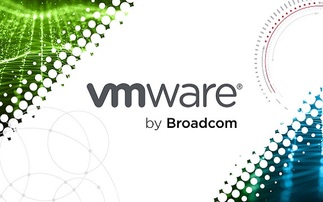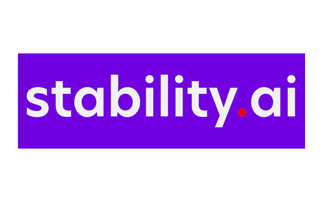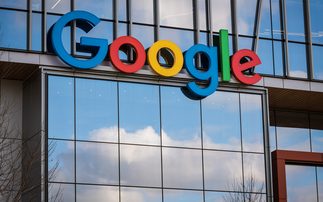Software acquired in 2010 for £770m will now be released for free, in another departure from previous CEO Apotheker's strategy
HP will release its smartphone operating system WebOS as open-source code, in a move that mirrors Google's decision to open up the Android mobile operating system in 2007. Both systems run on a ...
To continue reading this article...
Join Computing
- Unlimited access to real-time news, analysis and opinion from the technology industry
- Receive important and breaking news in our daily newsletter
- Be the first to hear about our events and awards programmes
- Join live member only interviews with IT leaders at the ‘IT Lounge’; your chance to ask your burning tech questions and have them answered
- Access to the Computing Delta hub providing market intelligence and research
- Receive our members-only newsletter with exclusive opinion pieces from senior IT Leaders






















